Flying Becomes More Dangerous Due To Scary Interference
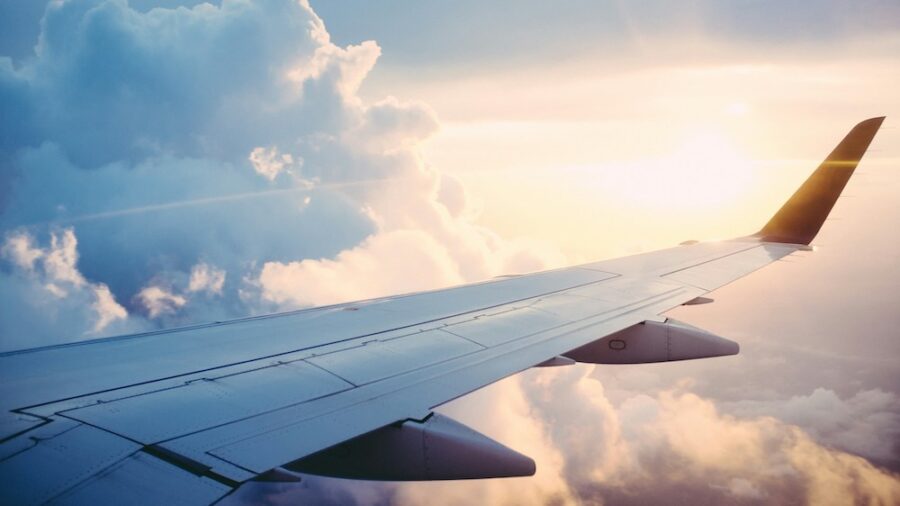
It has long been said that driving a car or crossing the street is more dangerous than engaging in modern air travel, as a means to cure the anxieties of those who fear flying. Unfortunately, recent data shows that these fears may not be completely unfounded. GPS interference has reportedly been causing a significant safety concern for air travel.
GPS Interference Dangers
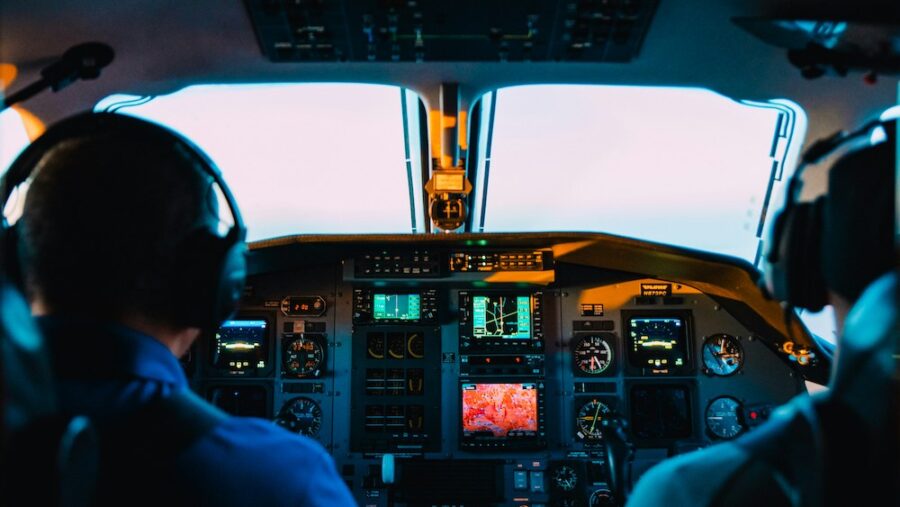
Both the European Union Aviation Safety Agency and the International Air Transport Association have acknowledged the severity of this threat, which seems to be caused by a number of internet users geo-spoofing to alternate locations and jamming satellite communication.
The first step the airline companies have taken in fighting these GPS interference dangers is admitting they have a serious problem.
Now, top air travel scientists and engineers are examining the burden of mitigating the damage that may arise due to satellite blockages, and several short-term remedies are currently being offered.
One such measure would see the construction of a universal backup module for GNSS navigation, ensuring that airlines can always rely on a firm satellite pulse no matter what when emergency situations occur.
Making Sure Everyone Knows
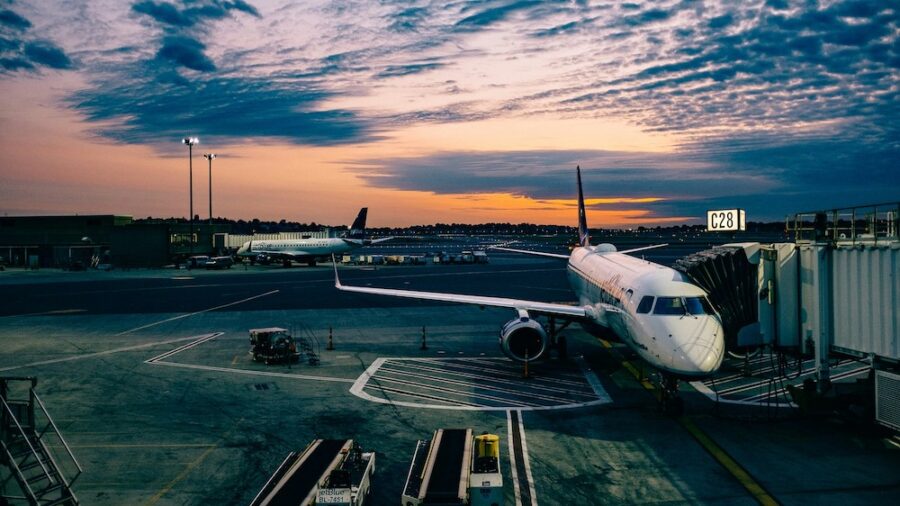
Elsewhere, calls have been made to ensure that airline company executives are aware of GPS jamming and spoofing and are familiar with remedies to block GPS interference at the source when they find themselves in a bind.
To raise awareness of the seriousness of this issue, the EASA has invoked a measure to share industry-wide reports to all affected parties, including airport stakeholders, air navigation service providers, and international airline companies.
Who Is To Blame?

The GPS interference issues seem to be most prevalent in airspace over the Middle East and parts of Eastern Europe, with most members of the international community eying Russian troll farms as the likely culprit.
Significant GPS jamming has occurred in regions above the Black Sea in recent years, with Bulgarian pilots reporting this variety of issue more frequently than any other.
Russia has utilized several state-sanctioned efforts in recent years to destabilize their enemy nations around the world, many of which involve geo-spoofing and hacking from massive bot farms.
Fighting Off Drone Attacks?
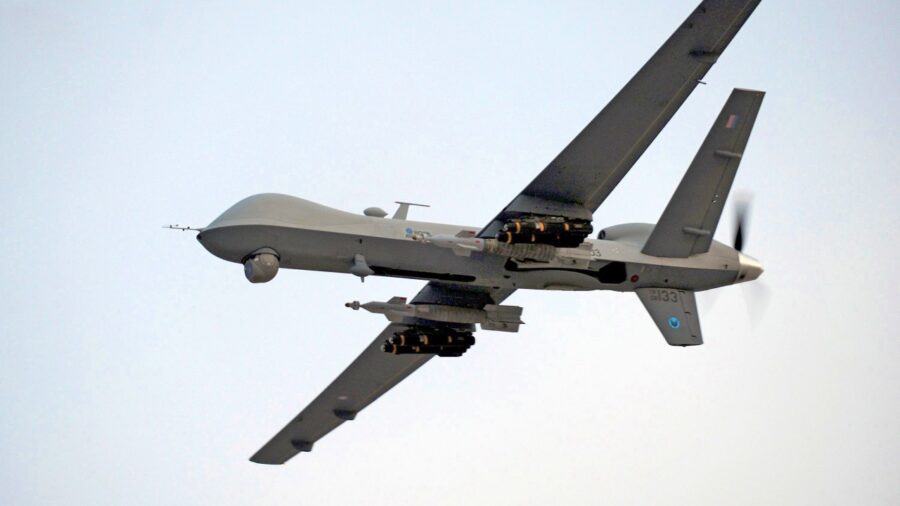
To nobody’s surprise, these instances of GPS interference became much more prevalent since the February 2022 invasion of Ukraine and subsequent war. Many high-ranking government and military officials suspected the country had engaged in technological warfare to destabilize retaliatory drone attacks.
Overall, it seems clear that zones of international conflict are at higher risk of GPS interference, due to the growing use of tech in modern warfare.
Significant Air Travel Concerns
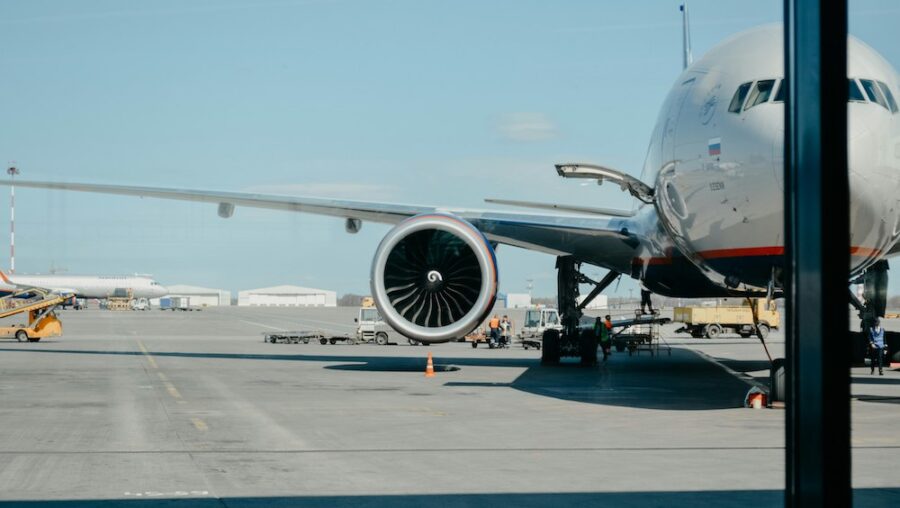
The result is an overall lack of confidence in the safety of air travel, which poses a significant concern to the multi-billion dollar industry at large.
Both the European Union Aviation Safety Agency and the International Air Transport Association have proposed short-term solutions to these GPS interference problems, though additional support from the international community will be necessary if airline companies expect to maintain healthy profit margins.
Staying Safe And Calm
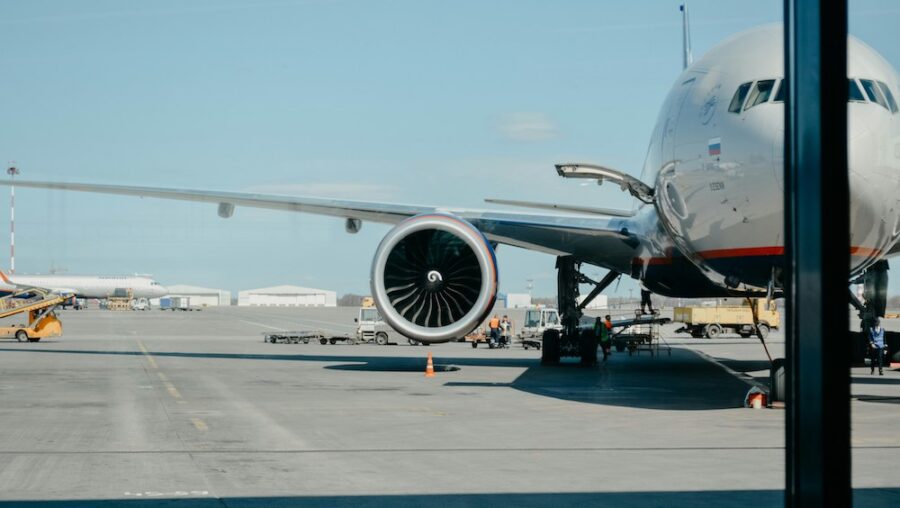
For now, the safest course of action is to mitigate your anxiety before a long flight, save a couple of podcasts to your local listening library, and be absolutely positive you’ve turned your devices on airplane mode. T
The best an average consumer can currently do to avoid GPS interference impacting their travel is to remain on the ground level in areas of international conflict.
Of course, requests like that are obviously easier said than done.
Source: The Register












